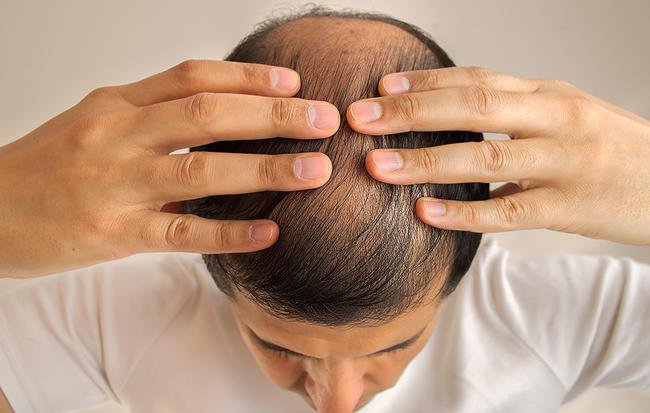Maryland: A study by researchers at John Hopkins University suggests that your slow hair loss may peak in the late summer and early fall—but hair loss experts say their argument may be pretty thin.
The study, first published by the British Journal of Dermatology, suggests that the summer and fall seasons are “associated” with greater hair loss. To come to that conclusion, the Johns Hopkins researchers analyzed Google Trends data for the search term “hair loss” over the years from 2004 to 2016, and found that search interest peaked during the early fall and spring.
But as Medical Daily noted, the study doesn’t have any information or insight to offer as to an actual scientific link between fall and your hair falling out. Instead, experts say it’s just a reflection of the normal patterns of plastic surgery, which includes hair restoration procedures.
“Google searches have no correlation with actual hair loss,” Mac Fadra, the director of MAXIM Hair Restoration, told Men’s Health in an interview. “The reason people search more during the fall is because during the summer, a number of cosmetic procedures drop.”
During the summer, Fadra explained, cosmetic procedures across the industry drop drastically. People who may be candidates for procedures are usually outside enjoying the season, or spending time with their kids. Hair restoration procedures, especially surgical ones like follicle transplants, can take months to show results, and the first days after them can really crimp someone’s social schedule.
“You’re kind of unsightly for about a week,” Dr. David Rapaport, a certified plastic surgeon in New York, told Men’s Health. Rapaport said his lead technician, Tony Bernal, has performed thousands, if not millions, of hair restoration procedures, and summer is often the slowest time for the business as a whole. Rapaport and Fadra, in separate interviews, said almost exactly the same thing: Summer social activities and family time often mean clients refrain from scheduling costly procedures.
Rapaport also said that searches may spike because of these social situations. If you’re out in the sun seeing friends, or potentially looking in the mirror more, you may notice hair loss that you were previously in denial of.
“It’s astounding to what extent people’s actions are based upon social feedback,” Rapaport said. If someone gets a comment about thinning hair at a social event, they may go home and fire up a Google search. Rapaport and Fadra both said that business starts to pick up in late October and early November, and Fadra mentioned a spike around January 1 for New Year’s resolutions.

